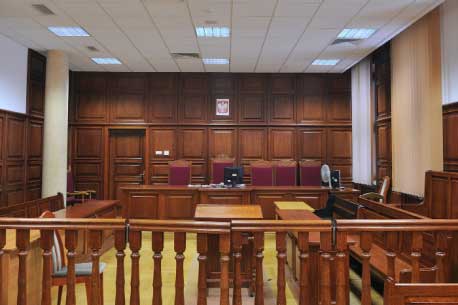Even before the first interrogation, the suspect should be notified of his or her rights, particularly of the right to:
- Give explanations and answer questions.
- Refuse to give explanations and answer questions - without the need to justify this decision and without consequences.
- Be informed about the content of the charges.
- File motions to carry out particular actions during investigation or inquiry (e.g. to secure specific evidence).
- Be assisted by defence counsel (and apply for a court-appointed attorney).
- Get acquainted with the final material from the preparatory proceedings.
- File motions concerning voluntary submission to penalty, pronouncing a sentence without a trial or evidentiary proceedings.
The suspect should be notified of these and other rights in writing, which is confirmed by the suspect's own signature. Hence, the suspect is not generally obliged to provide evidence of own fault or to prove innocence (as it is confirmed e.g. by the right of refusal to give explanations and answer questions). However, the suspect is obliged to:
- submit to external inspection of the body and to other tests which do not entail infringement of bodily integrity (it is permitted to take fingerprints, take photographs and show the suspect to other people for the purposes of recognition),
- submit to psychological and psychiatric tests,
- submit to medical examination of the body (except for a surgery) carried out by health care specialists adhering to the rules of medicine (e.g. give a blood sample).
In the event of a refusal to comply with these obligations, the person can be detained and compelled to submit to necessary actions, also by physical force (to an extent necessary to conduct a given action). Moreover, the suspect is obliged to notify the authority conducting the proceedings of each change of residence address exceeding 7 days - it also pertains to a situation when the reason for change is imprisonment adjudicated in another case. Moreover, if the suspect is not detained, he or she should appear at each summons during the proceedings.
[Legal status as at July 2015]



